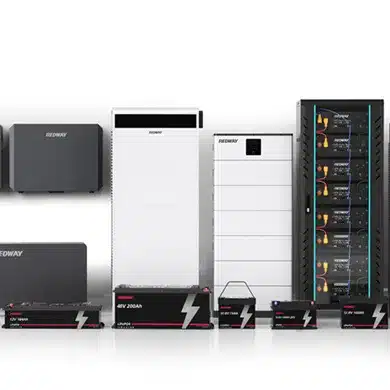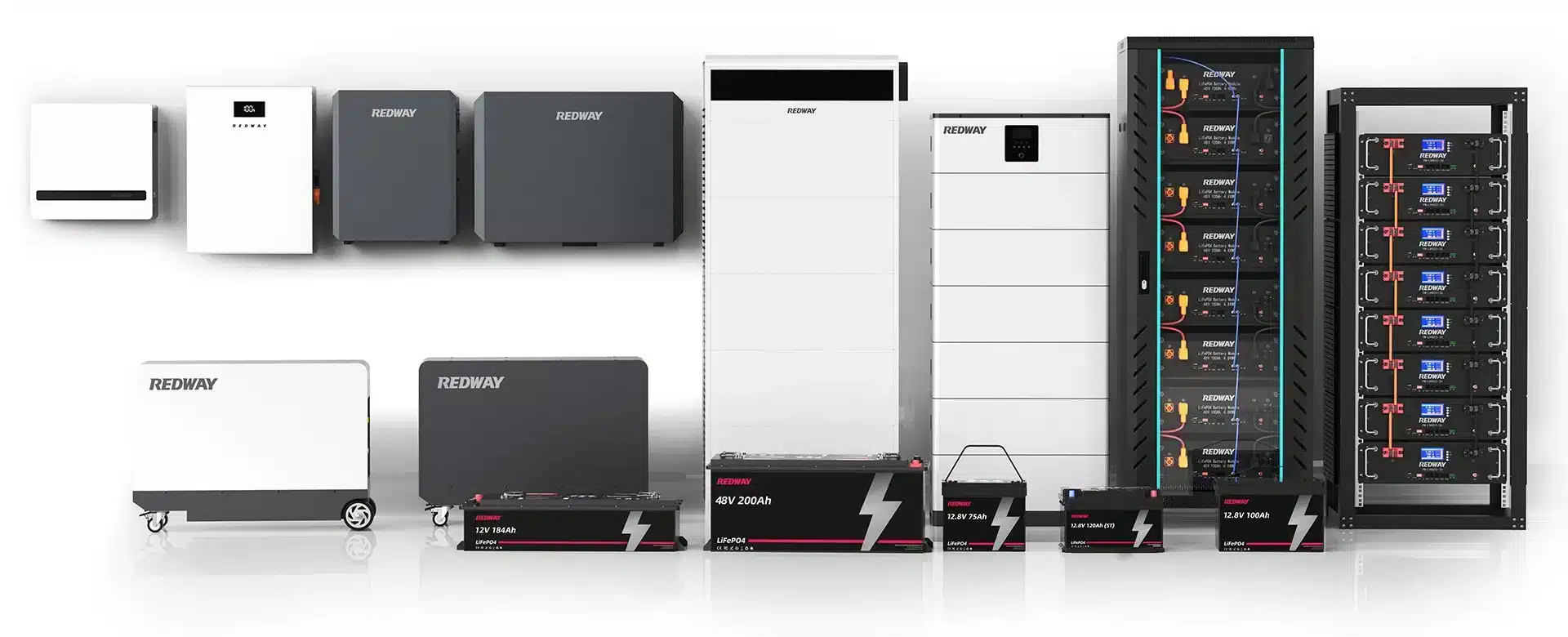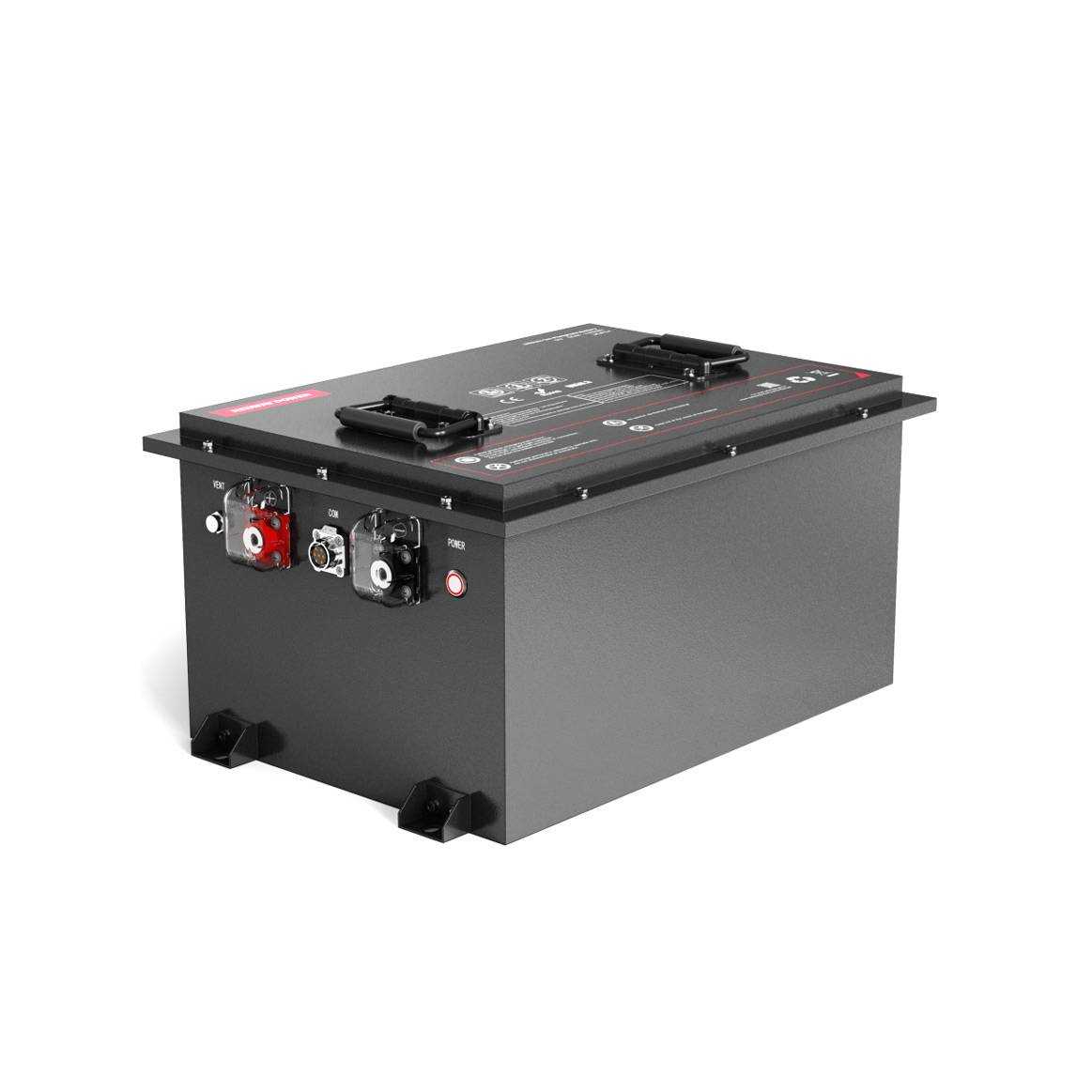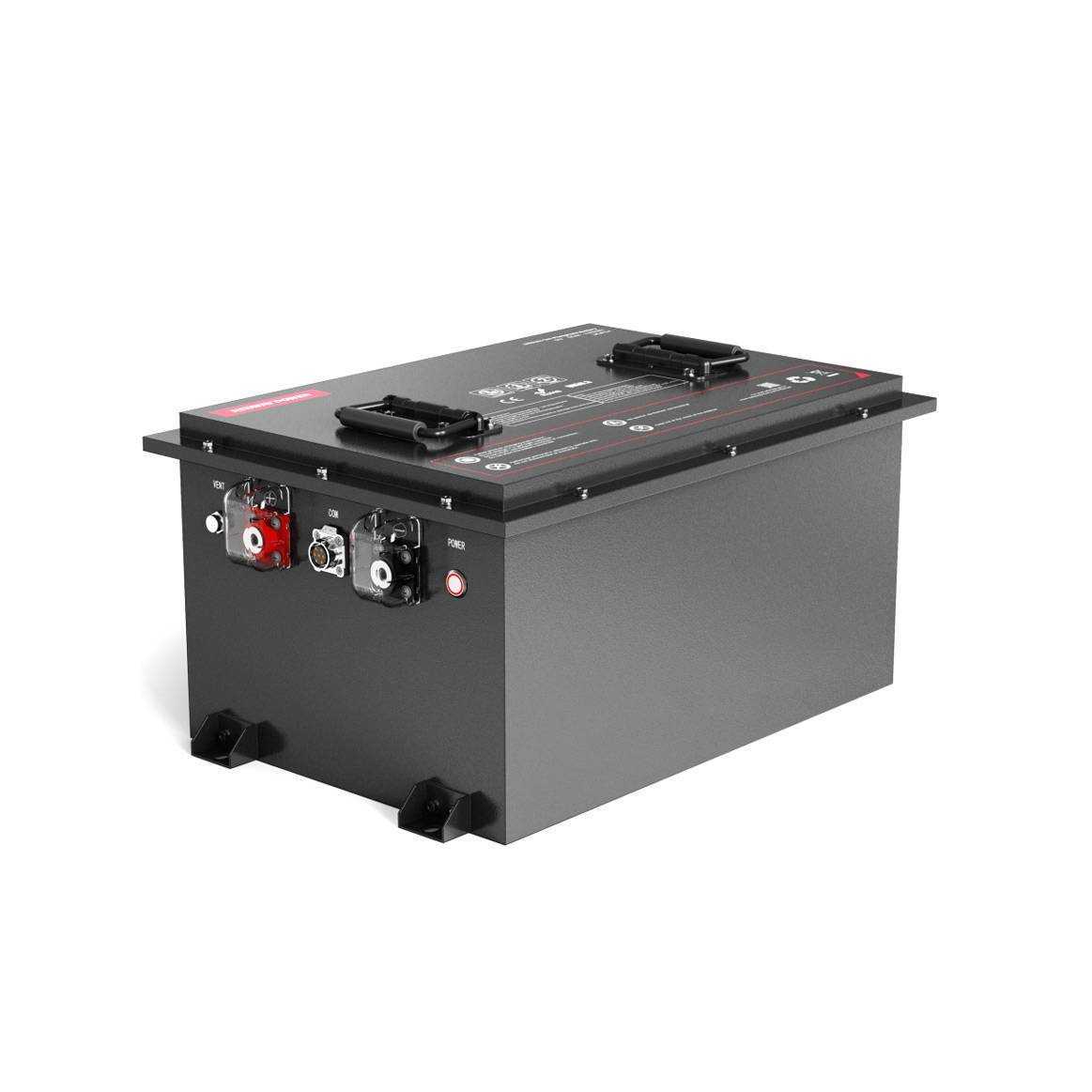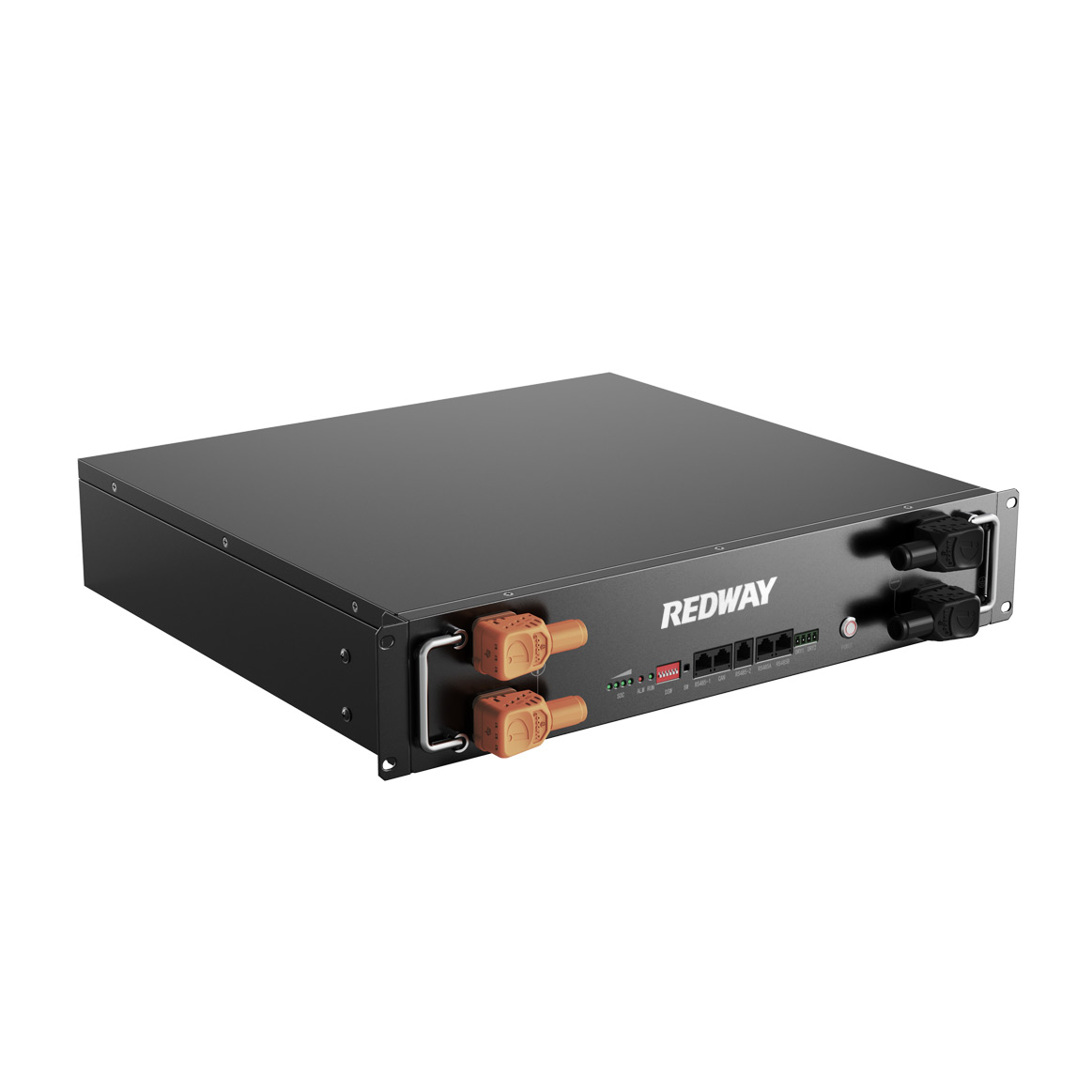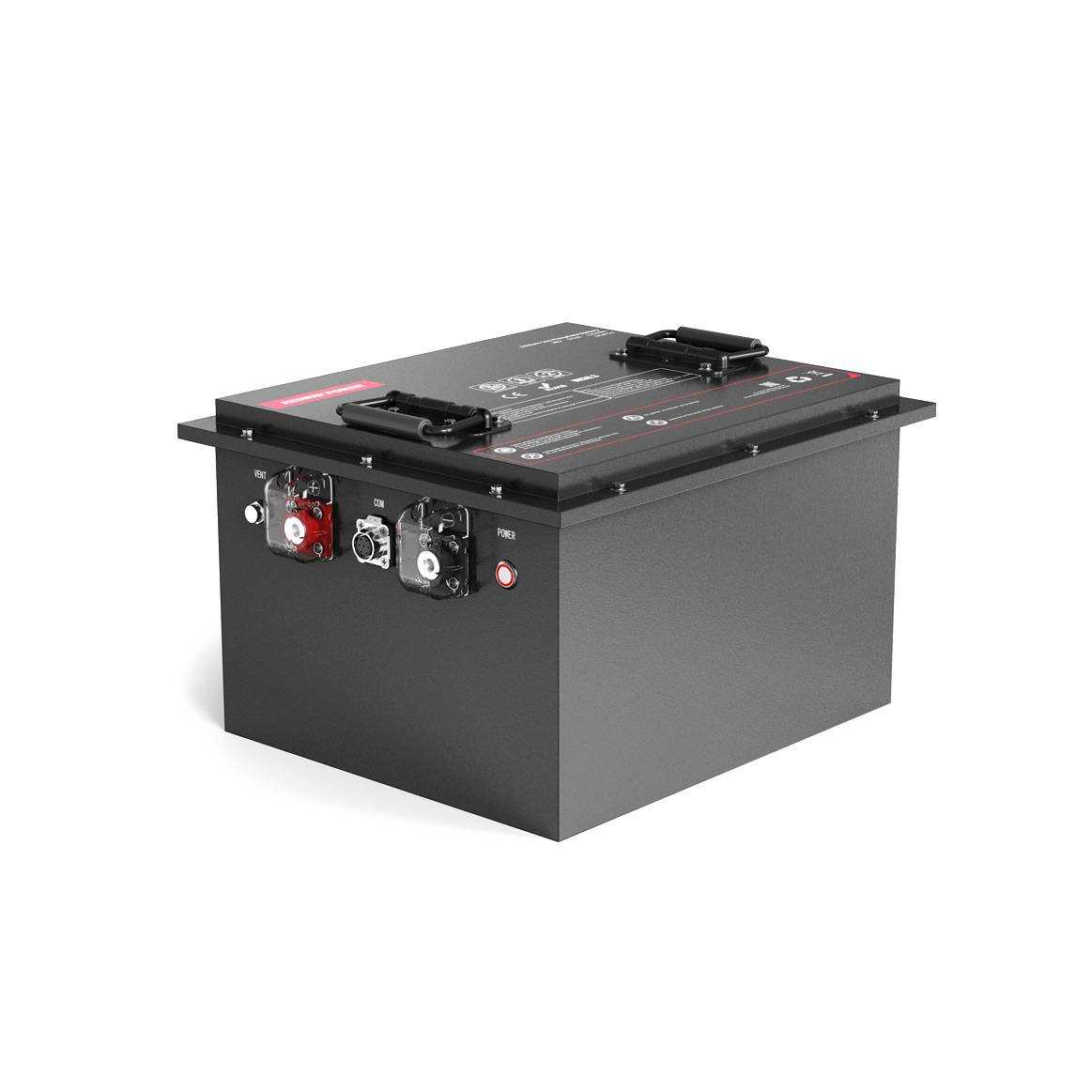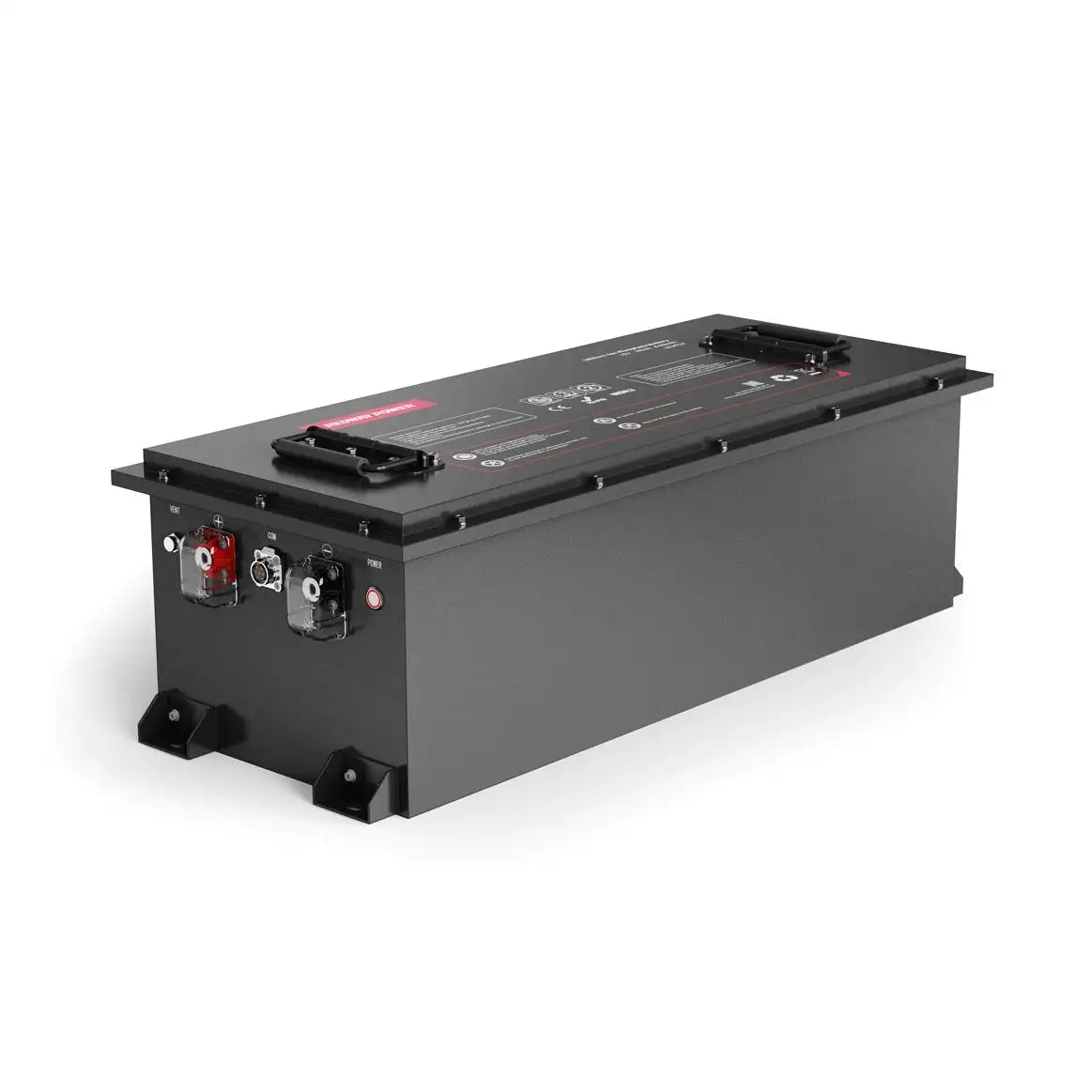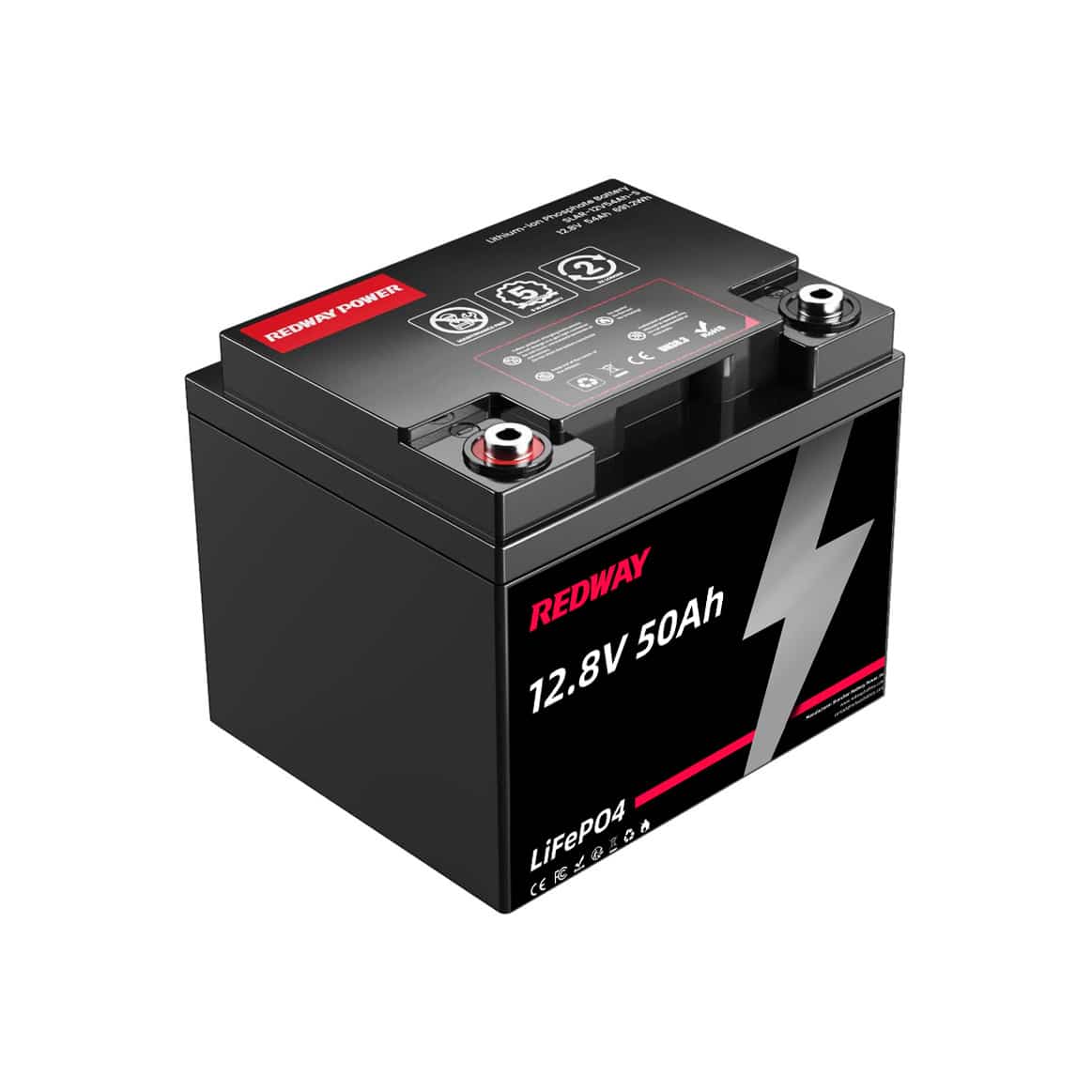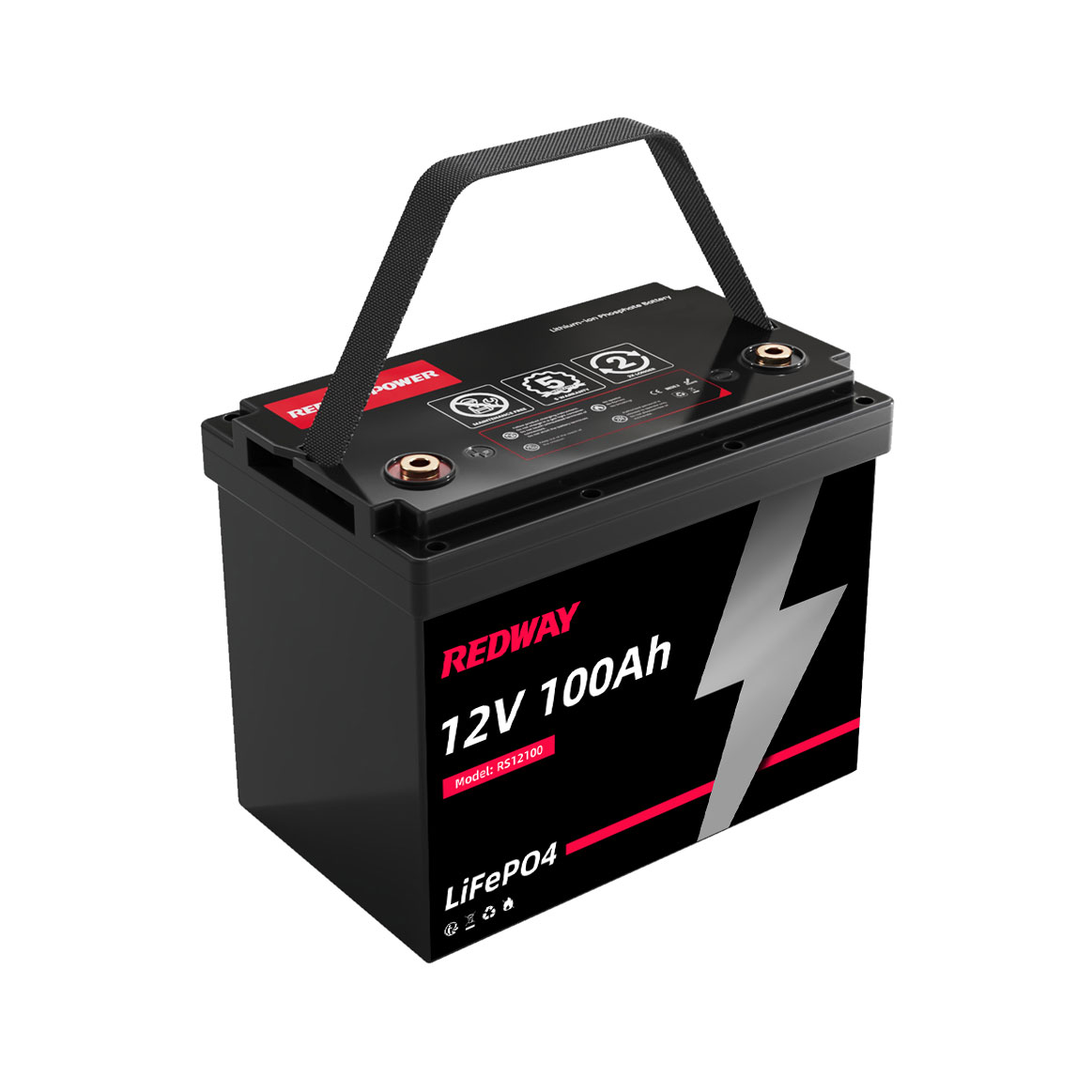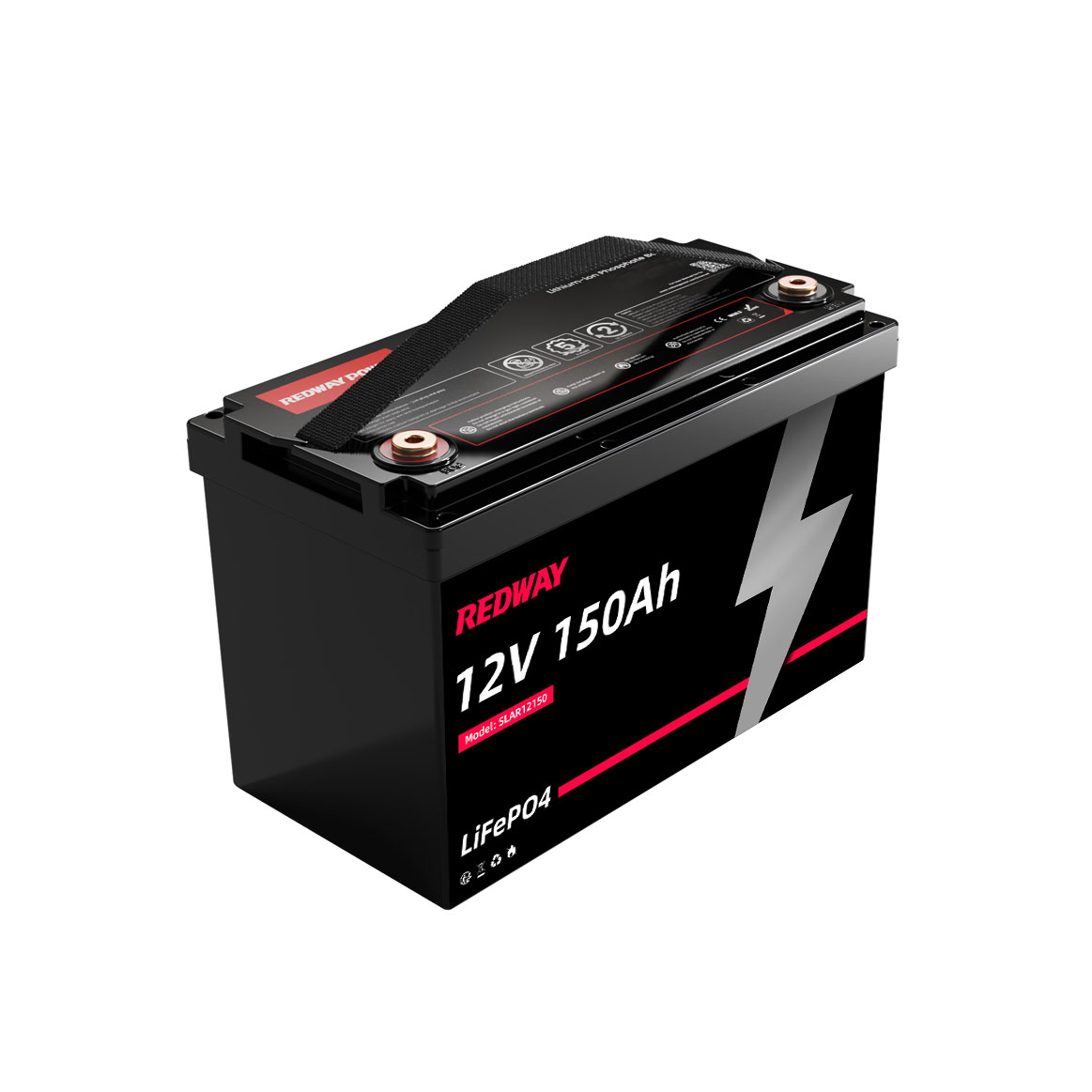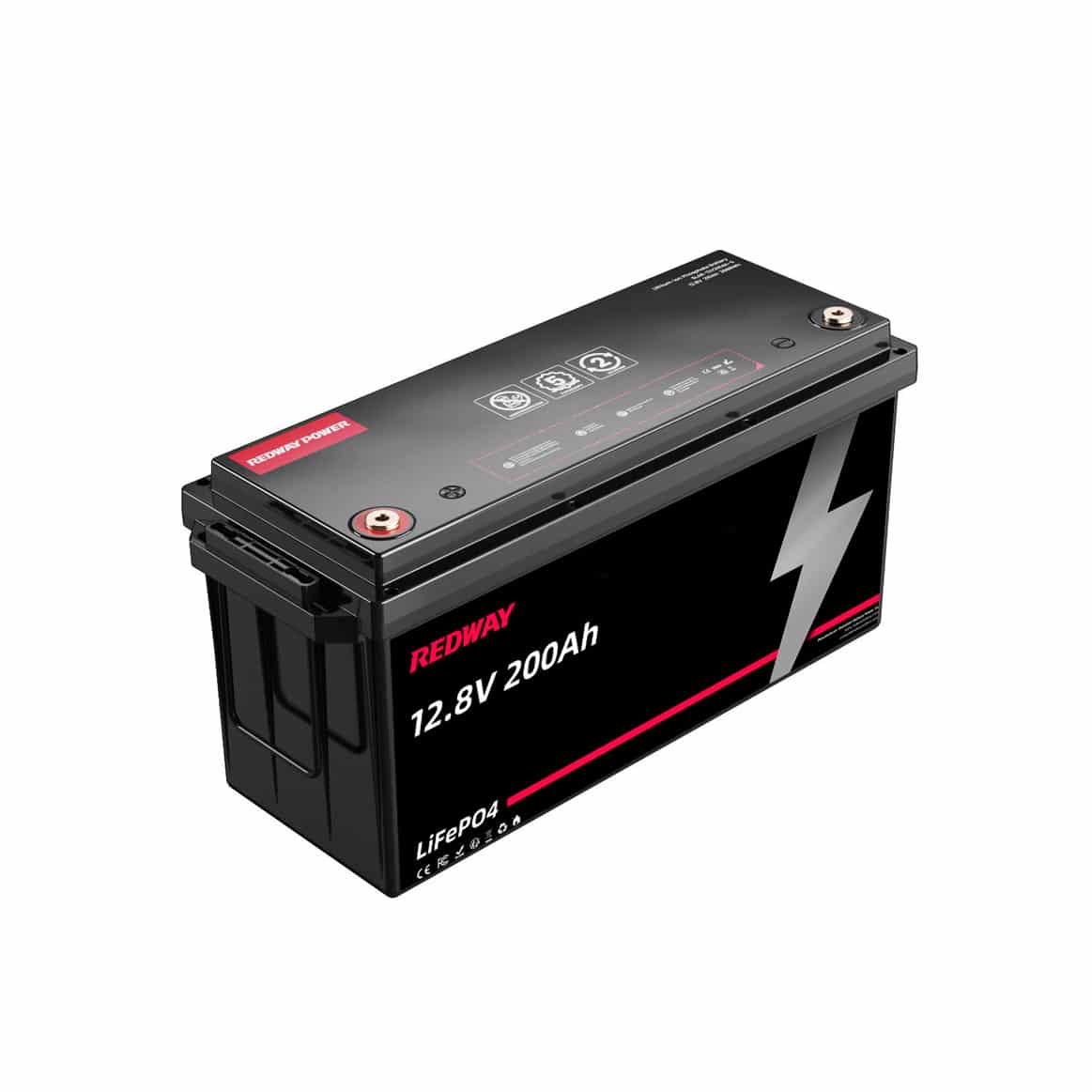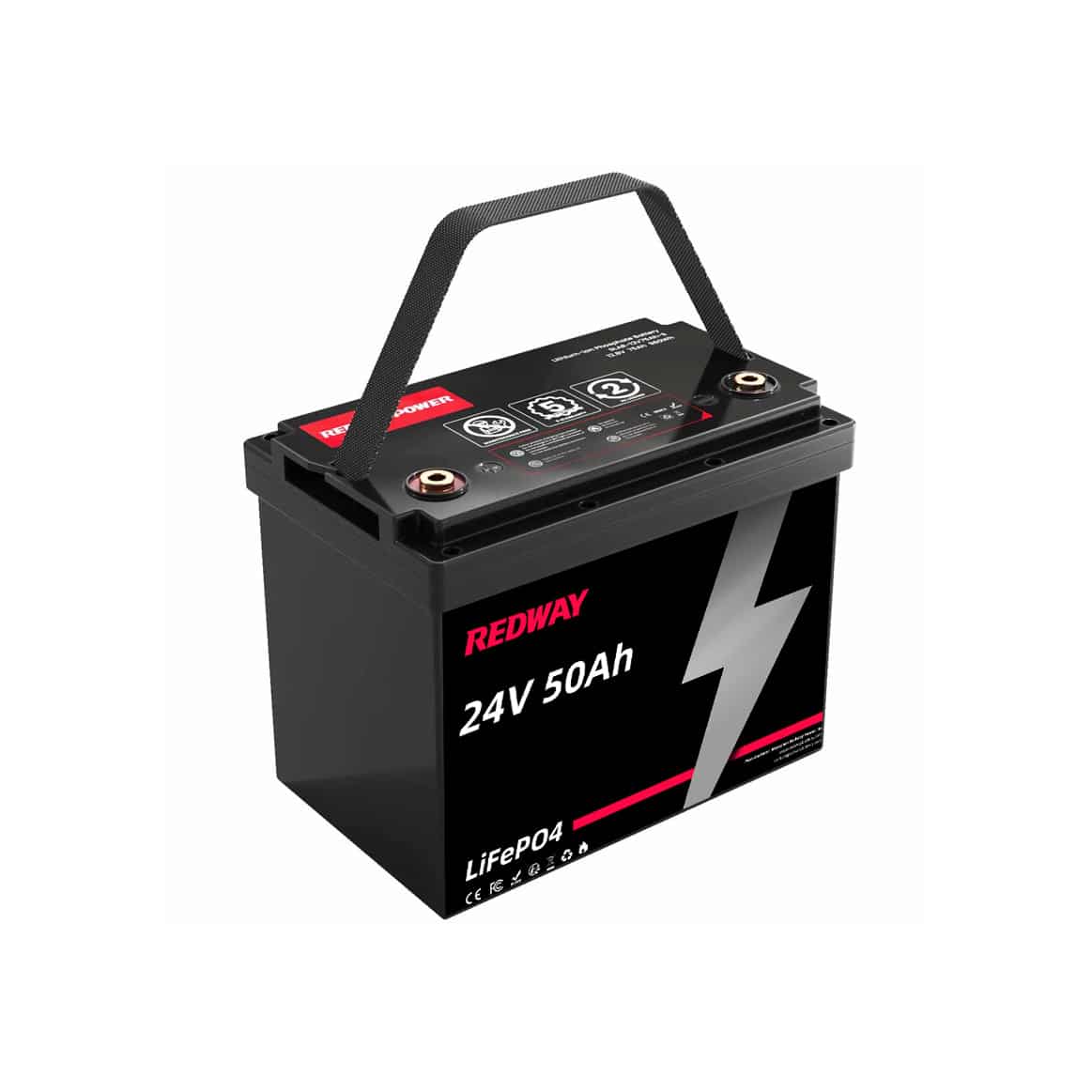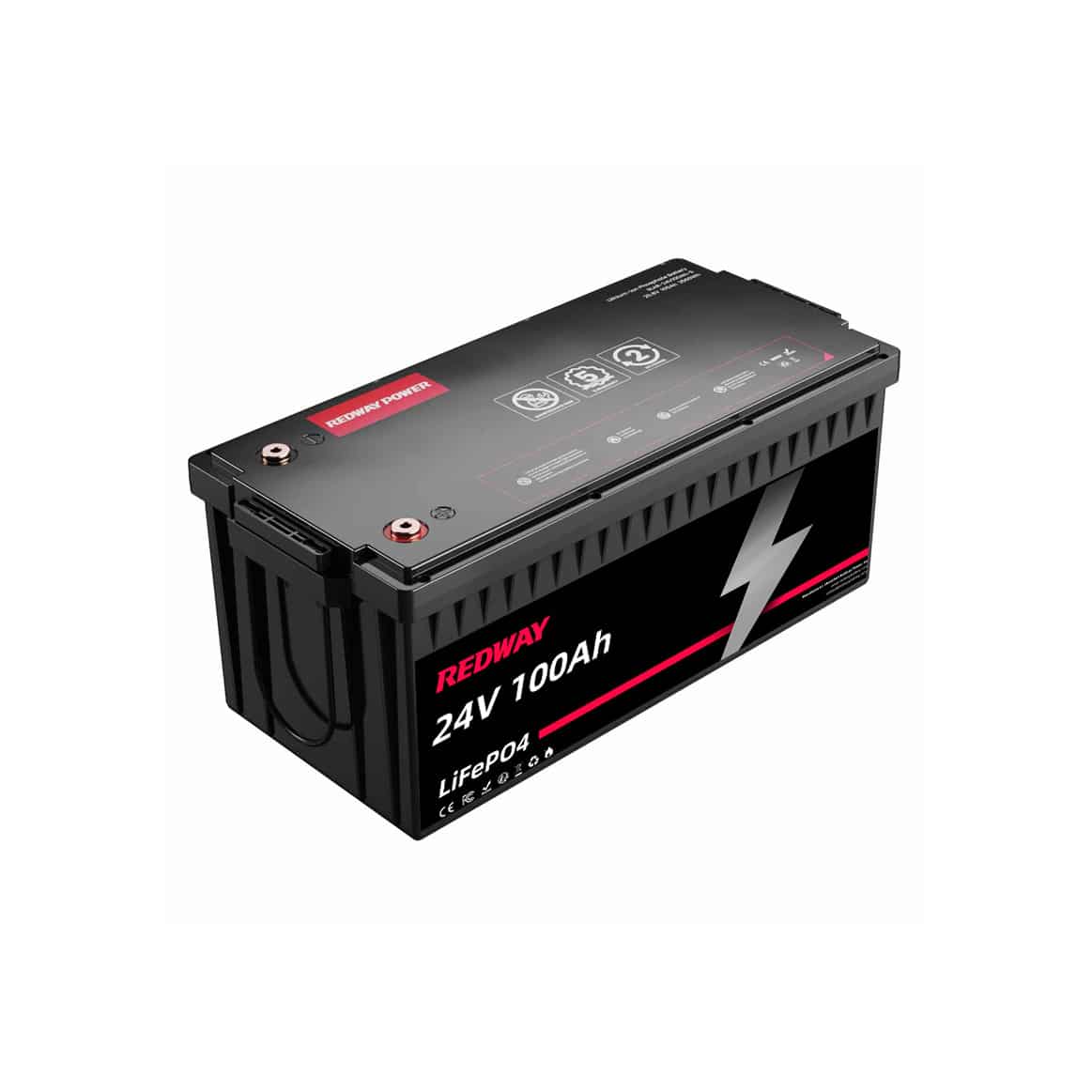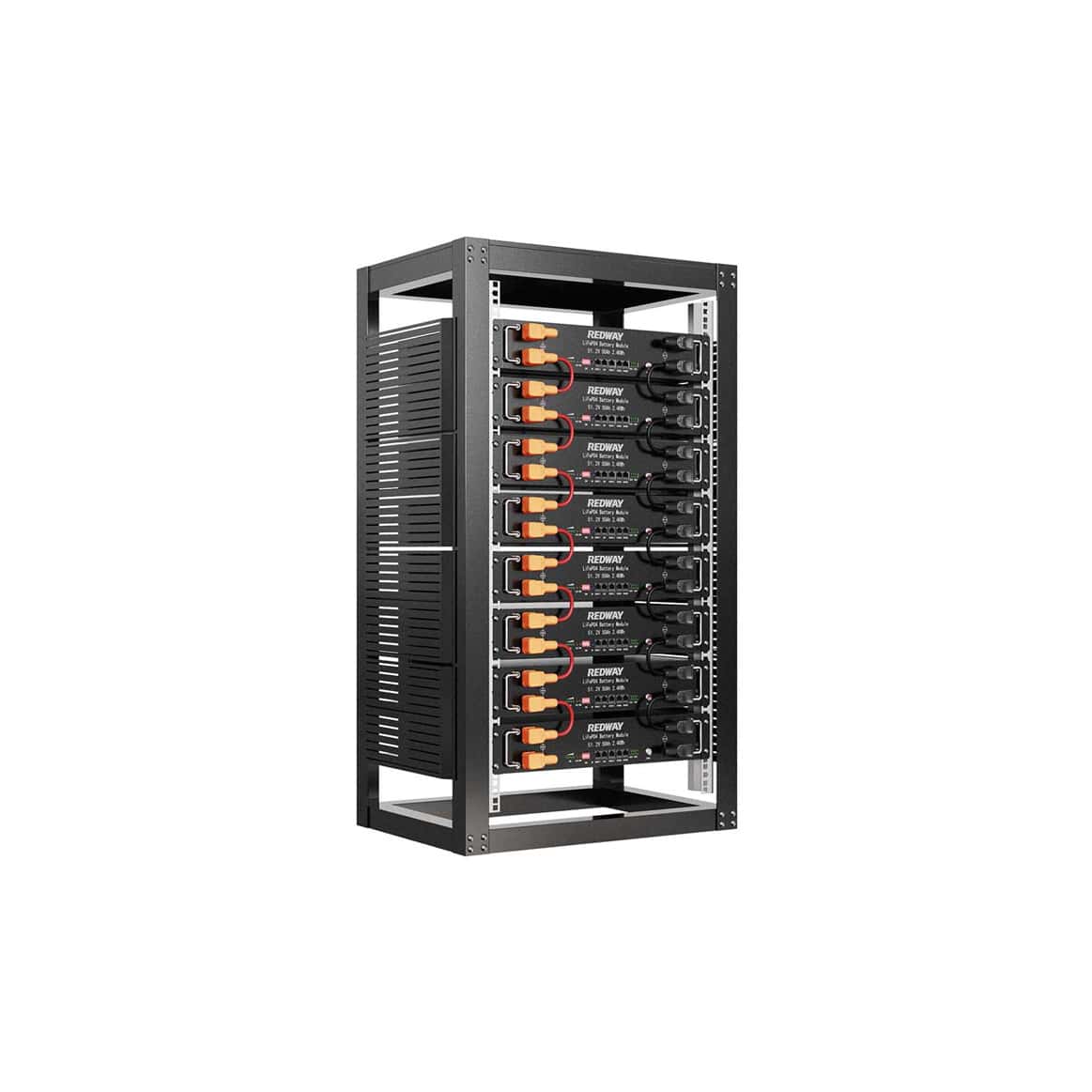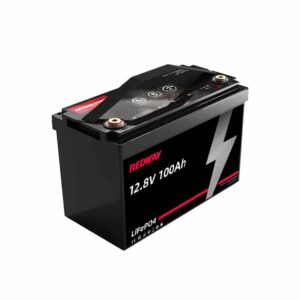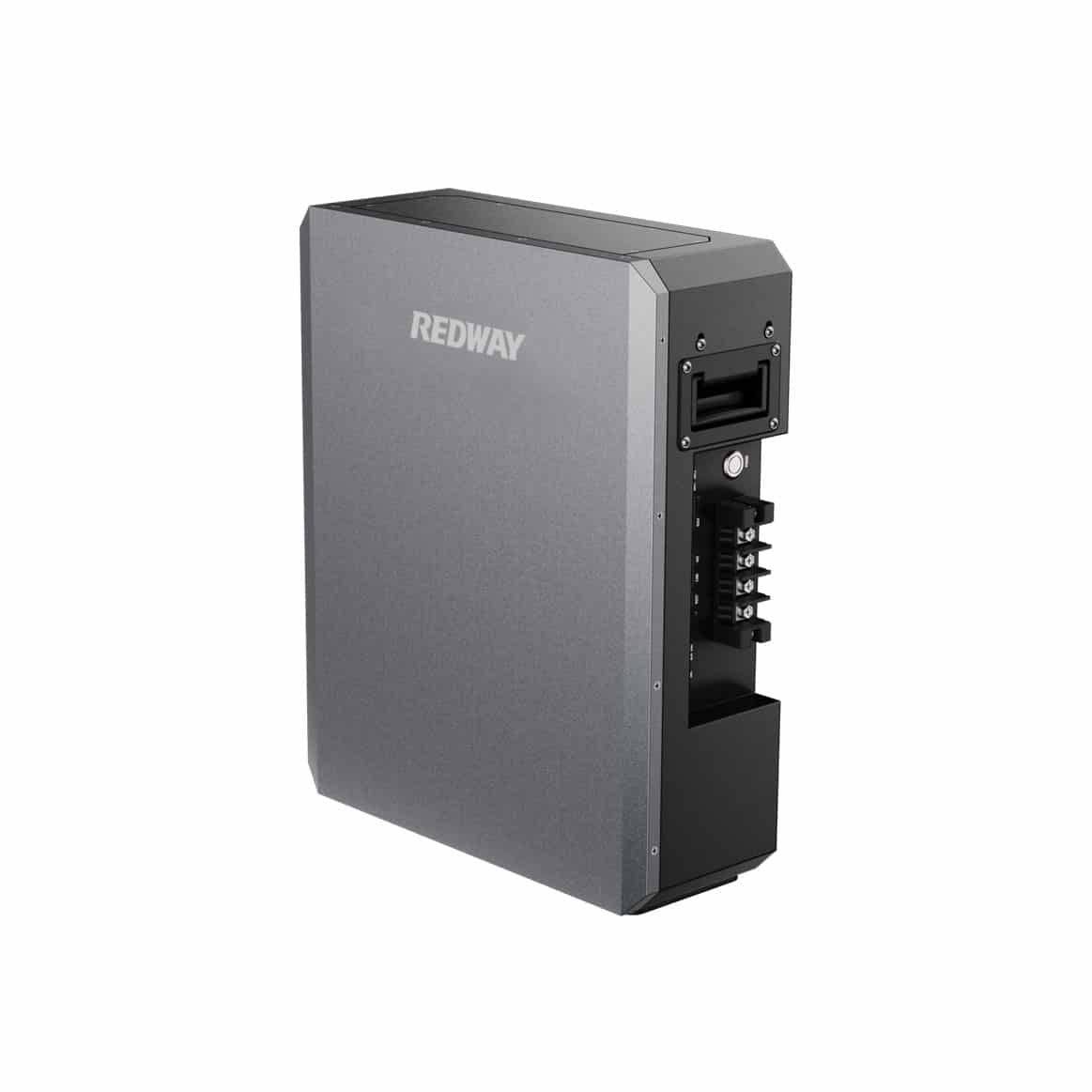Deep Cycle LiFePO4 Batteries Manufacturer
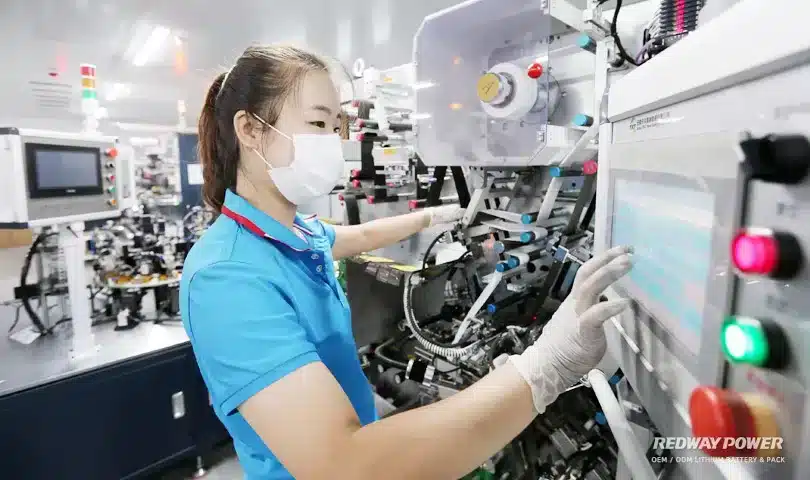
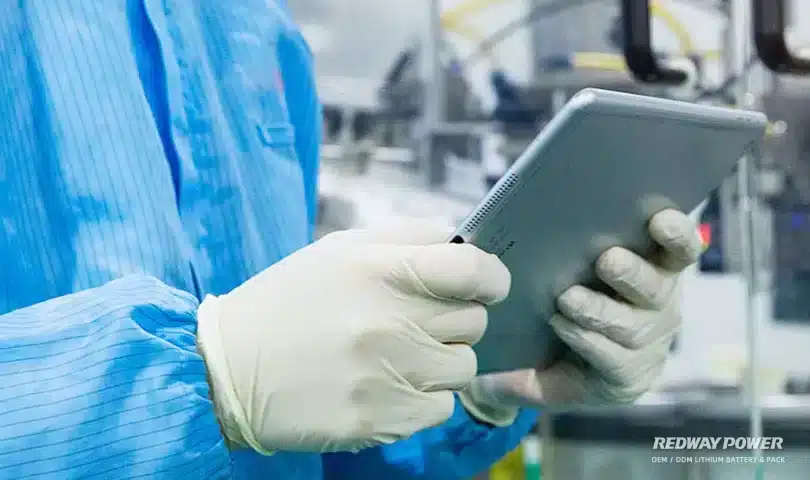
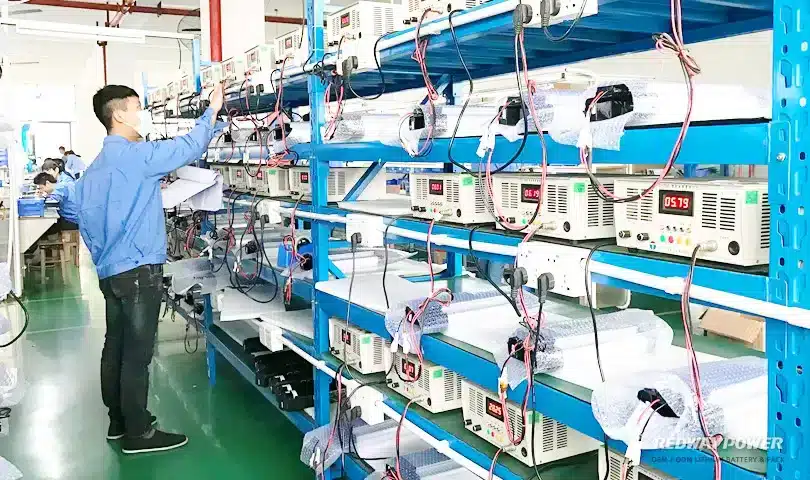
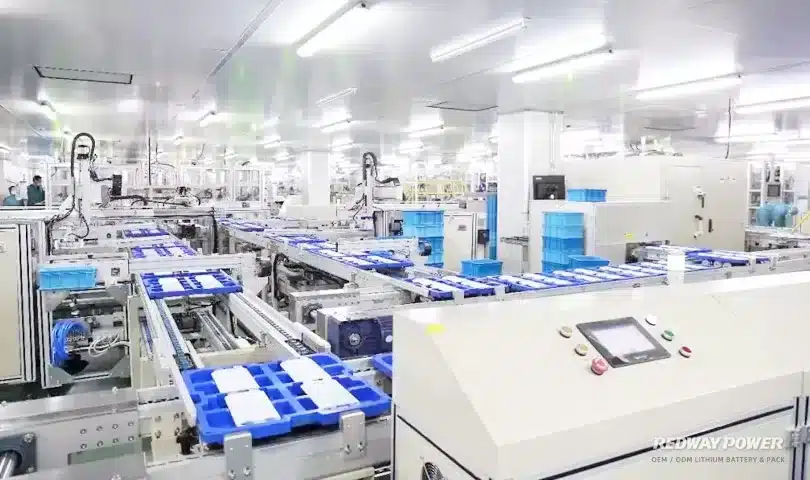

- High-performance, high-durability, and excellent cycle life batteries designed based on China quality standards.
- With lithium iron phosphate batteries, lead-acid batteries can be replaced, and custom battery packs can be designed.
- In order to satisfy our customers, we manufacture batteries with the latest equipment.
- Redway offers excellent customer service from enquiry to delivery, including exceptional after-sale support and the best battery replacement warranty.
- Production capabilities and direct deliveries to global customers for OEM/ODM products
- Redway is an organization that is committed to being socially responsible and promoting environmental consciousness.

Certificates from Redway, Deep Cycle Battery Manufacturer
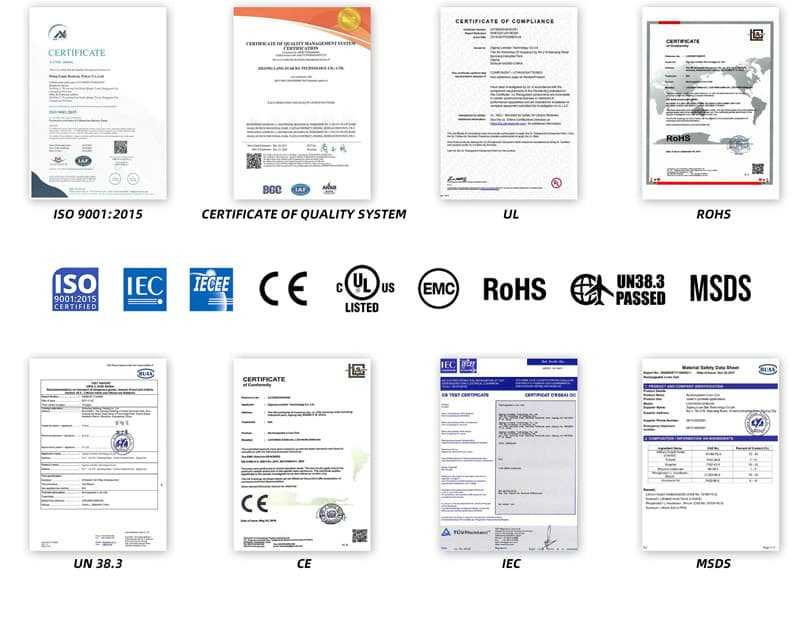
Redway Lithium batteries are UN 38.3 certified and built from Grade-A cells (CATL, EVE, etc).
In addition to UL1973 and UL2580 certifications, Redway Lithium also holds IEC62133 certifications for air, ground, marine, and train transportation regulations. ISO 9001:2015 Quality Management System and ISO 14001:2015 Environmental Management System have certified a select number of battery models to be used in industrial applications.
OEM clients can request IEC62133 certifications and additional laboratory services as needed.
Have a Special Requirement?
Specification
Please let us know the operating voltage requirements; and if any additional functions are needed, such as 10 second discharge and 10 second charge.
Quantity
A minimum order quantity (MOQ) is not required. However, a maximum quantity will help you get a better price. The more quantity you order, the lower the price you can get.
Application
Our engineers can provide you with more suggestions under your budget if you let us know your application or details about your project.
With the aid of our skilled battery specialists, you can effectively choose the optimal Redway lithium-ion battery design for your specific application, utilizing the most suitable manufacturing process available.


